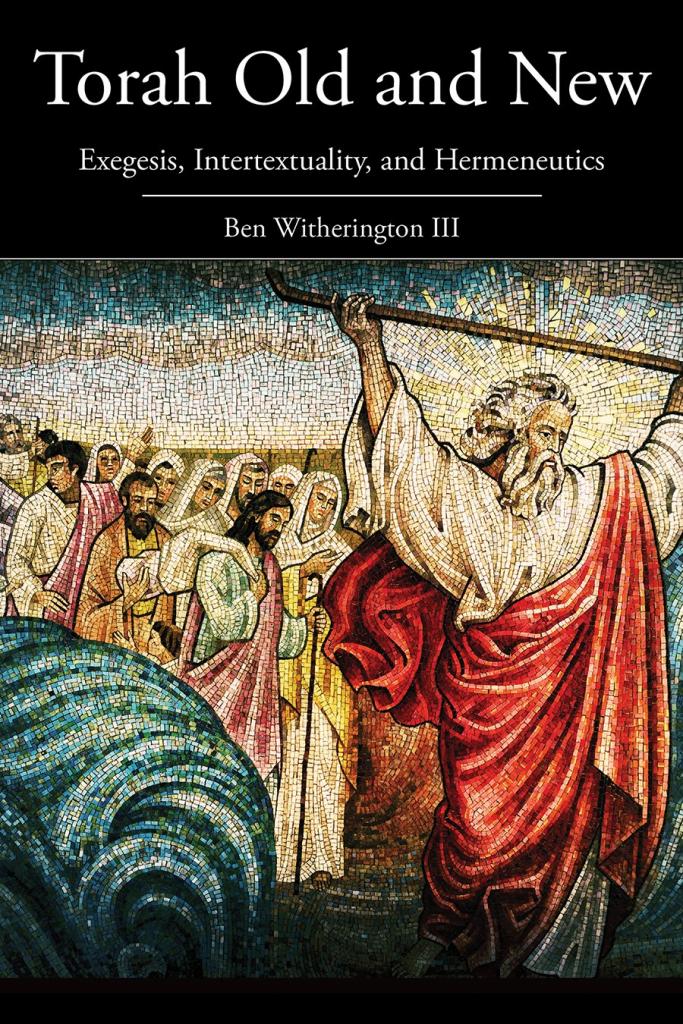In this and the next two posts, I am retreading some excellent discussion of slavery language in the NT by Philip Jenkins of Baylor. For my own thoughts on this see my commentary on Colossians, Ephesians, and Philemon (Eerdmans). BW3
Slavery, Euphemism, and the New Testament
Translation is a difficult and devious process. You can render the individual words used perfectly and precisely, but still fall short of conveying the underlying concepts, without using lengthy footnotes. Here, I will look at a specific issue in reading and interpreting the New Testament, namely the question of slavery and freedom.
A World of Slaves
In the Greek-speaking world of the first century AD, there was a critical difference between free (eleutheros) and slave (doulos). Each represented a very familiar legal status, with all the social and cultural baggage that implied. That distinction is rather hard to follow in English translations precisely because outright legal slavery does not exist in Western society, and the concept is absent from our language, except in the loosest metaphorical sense. In saying this, I am aware of the practices imposed especially on some foreign or immigrant groups, of sexual slavery and trafficking, or debt slavery. But by definition, these are not “normal” or mainstream, and they are assuredly not legal or approved.
Doulos in the ancient world did not imply a servant in the sense of an employed lower class person a la Downton Abbey. It meant a slave in whom one had property rights. That did not necessarily mean a brutally exploited farmhand on a large-scale plantation, the sense that comes to the mind of modern Americans, nor was the slave condition always permanent. There were many gradations of dignity, legal rights, and life chances, and some slaves could rise and prosper. The Old Testament placed tight legal restrictions on the practice of slavery, but it is much debated how far those still applied in the Hellenistic and Herodian eras, when Jewish practice broadly assimilated to Greek and East Mediterranean norms.
In any case, we are looking at slavery (douleia) in the sense of ownership by others. Although the exact etymology of each word is debated, doulos probably derived from a word meaning to bind, and eleutheros came from a verb meaning to come or go. What made you free was that you could decide to up and go as you wished, which slaves couldn’t, because they were bound.
Servant is therefore, strictly speaking, a mistranslation, and bondsman or bondservant are just archaic words for slave. For excellent reasons, the practice of slavery has fallen into terrible disrepute, and that is why we use euphemisms to conceal its omnipresence in the Bible. But that abhorrence does lead us into some conundrums of translation.
Conversely, the absence of slavery means that we use the word “free” much more loosely than in other societies in which it represented the antithesis of another well known condition. We always need to ask, “Free from what?”
I am reluctant to say that the slave-free distinction is absolute, and you can’t be partly a slave any more than you can be a bit pregnant. In various societies through history, there have certainly been unfree peoples who were not outright slaves, such as serfs in medieval England. In the ancient world, though, the distinction was more clear-cut. Doulos could have figurative meanings, but those depend on knowing the standard and original slave context. Slaves were slaves.
Slaves in the New Testament
What makes this such a thorny problem is that in its various forms, doulos is a common word in the New Testament, most prominently in Matthew, Luke, and Revelation. Strong’s Concordance gives 126 instances through the whole Testament, including every occurrence that English commonly renders as “servant,” as in “Well done, thou good and faithful doulos.” The Book of Revelation was revealed to God’s doulos, John. Jude, author of the Epistle, was a doulos of Jesus Christ. In the Magnificat, Mary praised God for his mercy towards her, his doula.
Paul was a free man and a Roman citizen, who nevertheless introduced himself as a doulos of Jesus Christ, or of God. You wouldn’t guess that from the translations of Romans 1.1 in the KJV, RSV or NIV, all of which use “a servant of Jesus Christ.” In his 1545 Bible translation, Martin Luther translated doulos as Knecht, which generally means servant, not necessarily with humble overtones (It is related to the English “knight”).
In Philippians 2, we hear the mind-boggling statement that although Christ was in the form of God, he humbled himself to take the form of a doulos, a form of self-emptying so extreme that “servant” does not begin to capture it. Yet standard English translations rarely use “slave” in this context,













